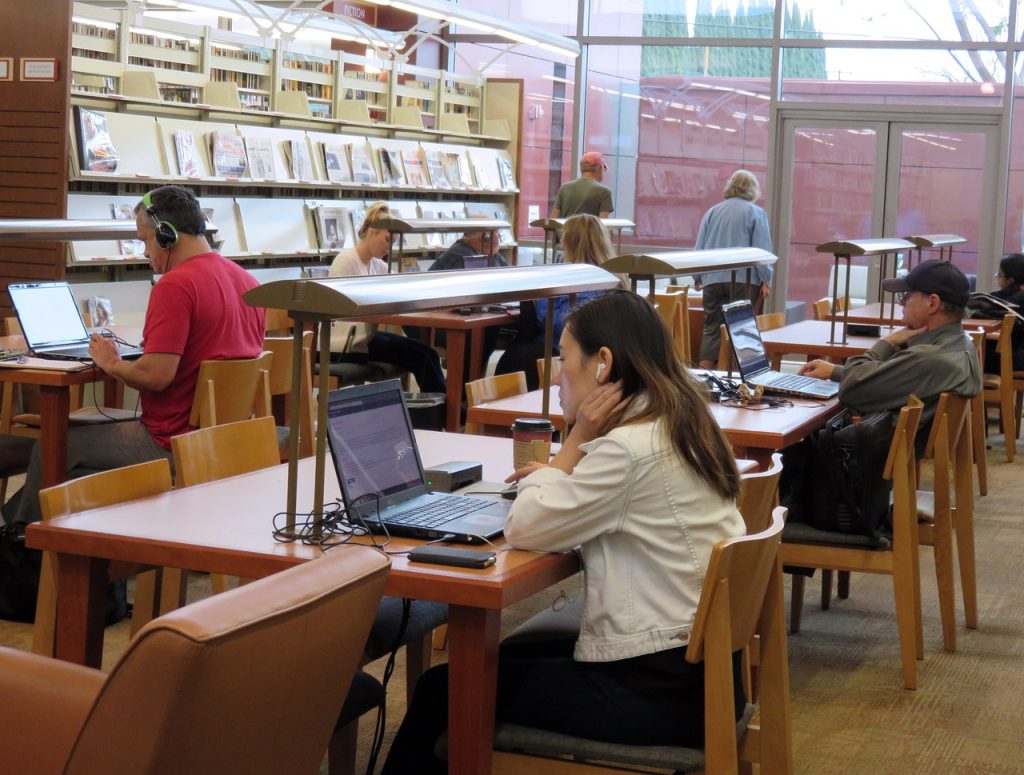
Fact-checking is a crucial step in the academic research process. It helps to ensure that the information presented in a study or paper is accurate, reliable, and can be trusted. This is particularly important in fields such as medicine, science, and engineering, where the accuracy of the information can have significant real-world implications.
Fact-checking is the process of verifying the accuracy of information used in a study or paper. This can include verifying data, statistics, and other information used in the research. It can also involve checking the sources of the information, such as academic journals, books, and online sources, to ensure that they are credible and reliable.
Sources
There are several methods that researchers can use to fact-check their work. One method is to use multiple sources of information. This can help to ensure that the information is accurate and that it has been independently verified by other sources. Researchers can also use primary sources, such as original research studies or data, which are considered to be more reliable than secondary sources, such as review articles or summaries.
Peer Review
Another method is to use peer review. This is when other researchers in the same field review a study or paper before it is published. Peer reviewers are experts in their field and can provide valuable feedback on the accuracy and credibility of the information presented in the study or paper. This can help to identify any errors or inconsistencies and ensure that the information is accurate and reliable.
Software Tools
Researchers can also use software tools for fact-checking, such as plagiarism checkers, fact-checking websites, and citation management software. These tools can help to ensure that the information is original, and properly cited. This can help to prevent plagiarism, which is a serious issue in academic research.
Transparency & Accountability
Fact-checking is not only important for ensuring the accuracy and credibility of the information presented in a study or paper, but it also promotes transparency and accountability in academic research. Researchers are responsible for the accuracy of their work, and fact-checking allows them to identify and correct any errors or inconsistencies that may have occurred during the research process. This helps to prevent the dissemination of false or misleading information and promotes trust in the research and academic community.
Quality
Moreover, fact-checking helps to improve the overall quality of the research. A study or paper that has undergone thorough fact-checking is more likely to be well-researched, well-written, and well-supported. This, in turn, makes it more likely to be accepted for publication or funding and increases the impact and reach of the research.
In short, fact-checking is an essential step in academic research. It helps to ensure the accuracy and credibility of the information presented, promotes transparency and accountability, and improves the overall quality of the research. Researchers can use multiple sources of information, peer review, and software tools to fact-check their work and ensure that the information is accurate and reliable.